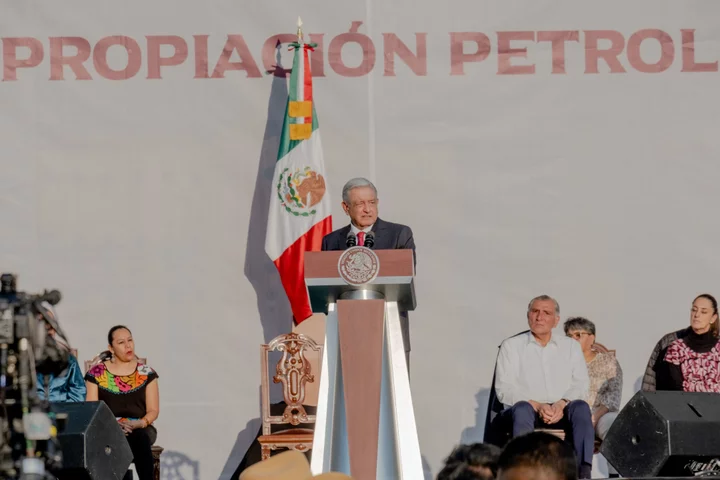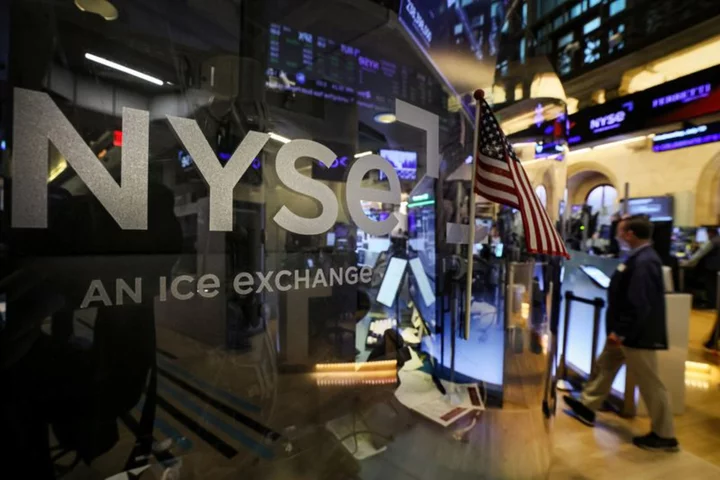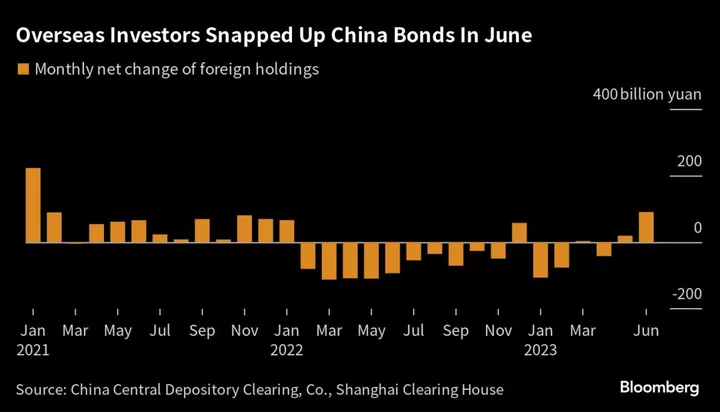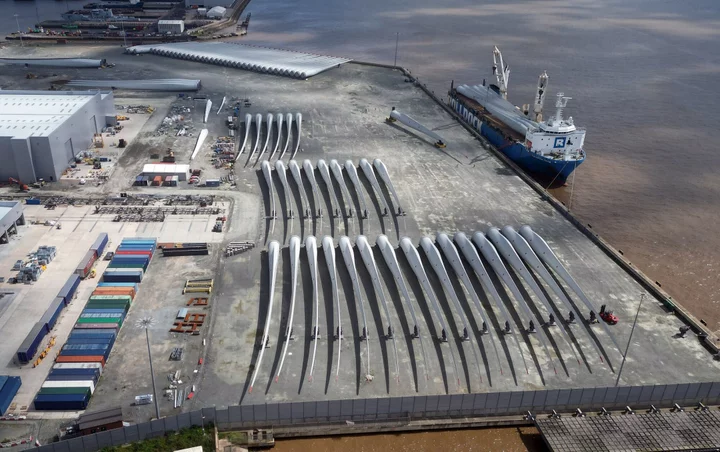Ganfeng Lithium Co. is open to forming a partnership with the Mexican government on a project that would turn the Latin American nation into a commercial producer of the battery metal and resolve a dispute over the asset.
While the Chinese firm is appealing the government’s August decision to cancel its concessions, an alternative is to form some kind of public-private partnership for a project valued at more than $1 billion, said the head of Ganfeng’s Bacanora Lithium unit. The suggestion comes as talks with Mexico’s government have stalled.
“We’ve been trying to discuss how Ganfeng and the government can work together,” Bacanora Chief Executive Officer Peter Secker said in an interview Thursday. “Whether they want to do it on an economic basis or on a joint venture basis, we would be happy to work with them in any manner that is commercially viable.”
Ganfeng, the world’s third-largest producer of the metal, is attempting to navigate President Andres Manuel Lopez Obrador’s statist approach in Mexico’s nascent lithium sector as producers of materials key for weaning the world off fossil fuels endure an uptick in resource nationalism and greater social and environmental scrutiny.
Read More: China’s Wild World of Lithium Takes Off in Race for Key Minerals
When Ganfeng bought Bacanora in early 2022, the latter was embarking on an $800 million development phase that would have seen commercial production begin sometime this year. The open-pit mine and processing facility in northwest Mexico’s Sonora state would churn out 35,000 metric tons a year, Secker said, giving the country a homegrown source of lithium for its fast-evolving electric-vehicle supply chain. When Mexican lawmakers passed a bill in April 2022 to give the state total control of lithium mining, project work was put on hold.
Mexico’s Economy Ministry, Energy Ministry, and the president’s office did not reply to requests for comment. Sonora’s Governor Alfonso Durazo said earlier this year that Mexico’s state lithium company, LitioMx, would be open to associating with private firms. However, the president has said he nationalized lithium to prevent foreign countries, including China, the US and Russia, from exploiting it.
“The oil and the lithium belong to the nation, to the Mexican people,” he said in February.
While AMLO, as the president is known, deemed lithium too strategic to be left in private-sector hands, Ganfeng was hoping existing concessions would be respected. But in August authorities notified the company of a decision to cancel nine of its concessions, citing investment non-compliance.
Bacanora is appealing the decision in a state court and still sees scope to restart development. The company hasn’t held any conversations with the government since the repeal notice and has had a review request turned down. If the judicial appeal in Mexico fails and partnership talks don’t prosper, it would consider taking the case to an international tribunal.
Read More: Lithium Nationalism Is Taking Root in Region With Most Resources
If it could reach some kind of agreement, project development would take just 18 months, after the firm spent the past decade drilling the deposit and testing ways to unlock the lithium from clay deposits, which hasn’t been done on a commercial scale before. If the state took over, Secker said it could take 20 years to get to production given funding and technological constraints.
While its preferred outcome is to develop the Sonora project, Ganfeng could eventually opt to sell the site.
“No one’s going to invest a billion dollars unless they have some kind of security,” Secker said. “People will preferentially, for these larger projects, head to jurisdictions that are lower risk.”
--With assistance from Max de Haldevang.
(Adds note on state lithium company’s private partnerships in sixth paragraph)









